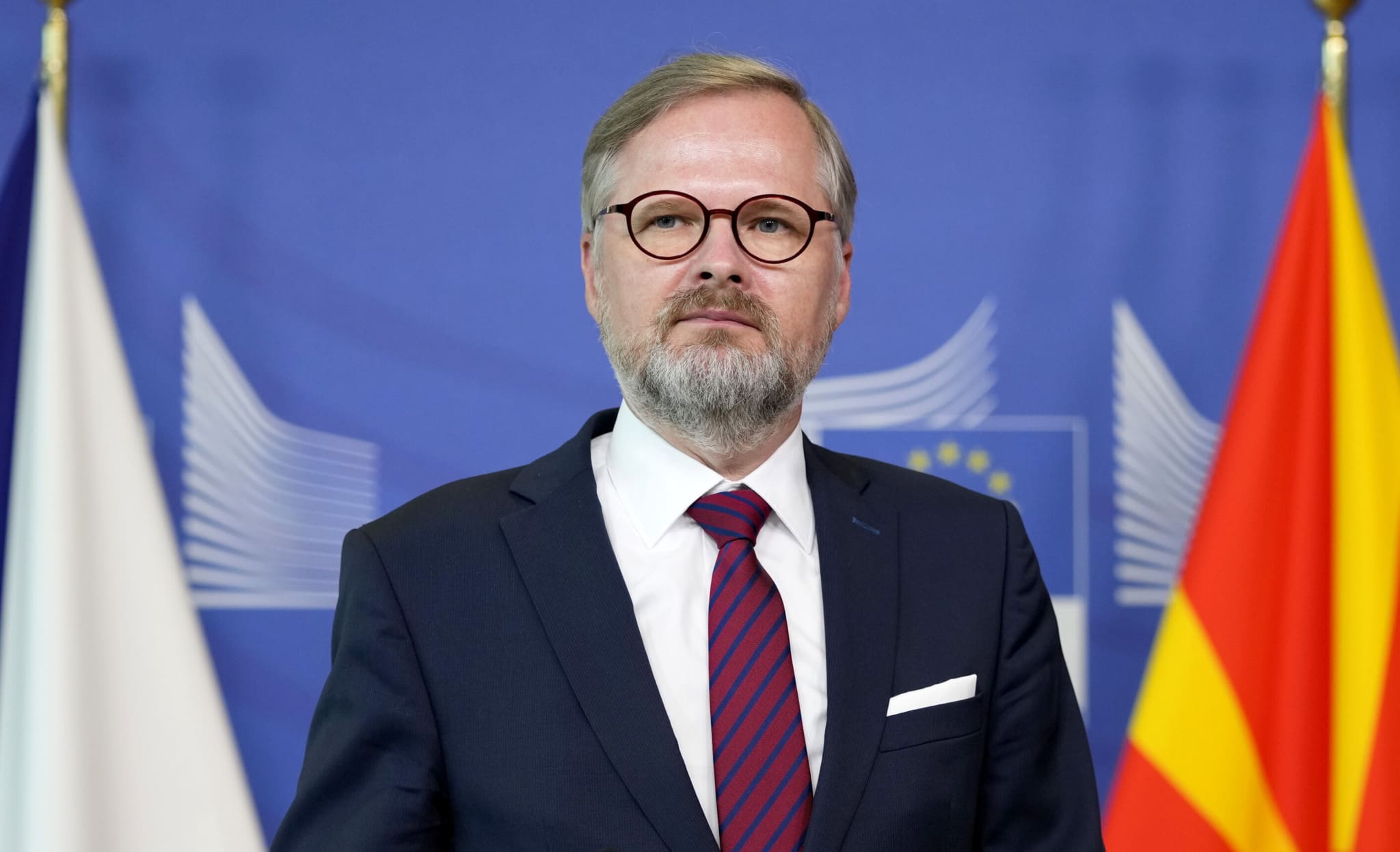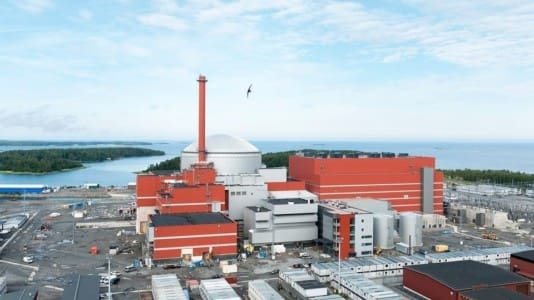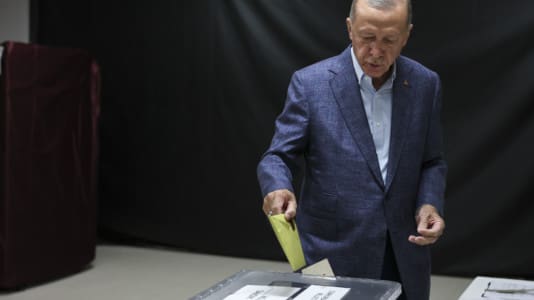“We are not going to raise people’s taxes, even though there is a certain demand here,” Czech Prime Minister Petr Fiala declared on Nov. 11 last year in an interview for Blesk.
He stated that the only exception would be the so-called “war tax,” or tax on extraordinary profits imposed on energy companies, refineries, and banks. Although experts from the government’s National Economic Council (NERV) have long pointed out that there is no way to consolidate the public budget without raising taxes.
A few days before, Prime Minister Fiala repeated this in an interview for Respekt magazine, saying that the coalition parties had committed to this as part of the government’s program statement. “Many of us in the ODS (Civic Democratic Party) are convinced that it is better to have lower taxes and not to distribute money in such a way, which is why, even before the elections, the ODS agreed to the (opposition) ANO proposal (…) to reduce taxes,” Fiala said at the time.
However, the government’s program statement contained only vague formulations, claiming that the way to stabilize public finances does not lie in increasing the tax burden and including the promise that the government will introduce an unspecified ceiling for the amount of the tax burden.
In addition, after the new year, the government revised the program statement and deleted some passages from it. On the contrary, there was a commitment that the government would prepare adjustments on both the revenue and expenditure side of the budget with the aim of returning to long-term sustainable finances, from which it became apparent that although government politicians continue to make proclamations such as “we will not increase direct taxes,” tax increases must come in some form.
Finance Minister Zbyněk Stanjura (ODS) began to cautiously admit this, for example, in one of the interviews for Týdeník Echo. Last month, however, he claimed that there “definitely won’t be” an increase in levies for the self-employed in the consolidation package.
Even so, the government finally announced that it will gradually increase the minimum levies for self-employed persons in the coming years. In addition, it also plans to increase the corporate income tax from 19 to 21 percent and wants to increase the tax for people earning three times the average wage to 23 percent, which will expand the range of payers in the higher group. Until now, only those who earned more than four times the average monthly wage paid 23 percent, while others were subject to a 15 percent tax.
There will also be an increase in the fee for the annual highway stamp from 1,500 (€63.53) to 2,300 crowns (€97.41), the cutting of tax exemptions, and the re-introduction of health insurance at a rate of 0.6 percent of the salary.
Echa analyst Lenka Zlámalová highlighted that the government sought to increase direct taxes instead of significantly cutting spending on state subsidies, of which it cut only 11 percent of the 500 billion crowns. “The cabinet led by the ODS increases direct taxes so that the subsidy business can continue to pay. The decision is also notable politically. As a general rule, it is smart to make interventions in income and expenditure in such a way that they affect the opposition voters rather than the government camp. Here, especially the ODS and also the Pirates are mostly hurting the interests of their own voters, to whom they promised that they would not raise taxes,” Zlámalová wrote.
Prime Minister Petr Fiala generally stated that his government would deal with NERV’s proposals for the recovery of public finances only after the end of the Czech presidency of the Council of the EU, which ended in December 2022. In reality, however, the government, with the announcement of the so-called consolidation package, waited until the presidential elections in which the de facto government candidate Petr Pavel competed with the ANO candidate Andrej Babiš. And there is no doubt that an earlier announcement of a tax increase would have helped Babiš in the elections, as he would have used it in his campaign.






